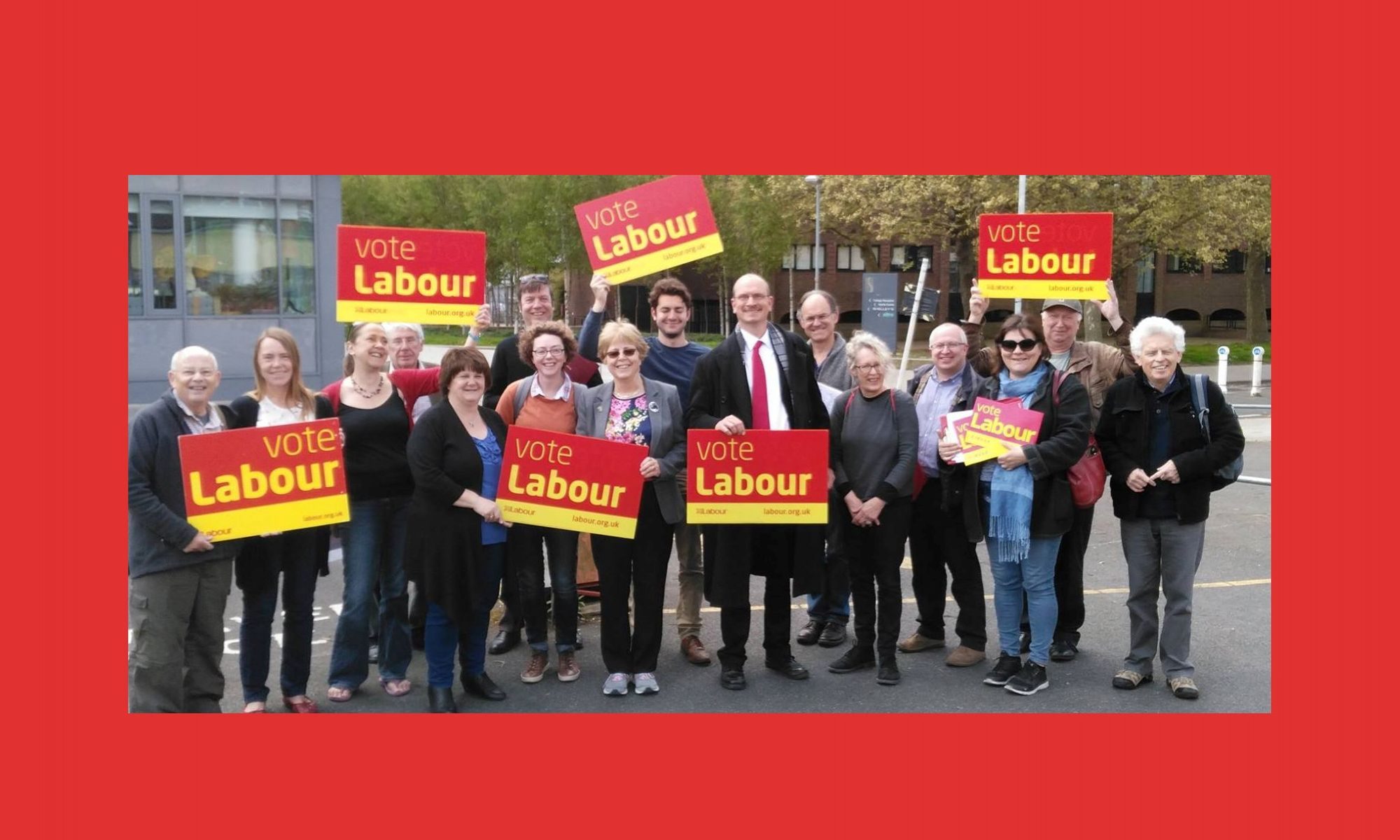This week the Education Policy Institute published its flagship Annual Report on the state of education in England. This report looks at whether our education system is closing the gap between disadvantaged pupils and the majority, and it is a very clear indicator of whether we are leaving some of our young people behind. It considers how the gap has changed since 2011 and how it varies across the country. It also looks at where students go and what they do with their lives after they have taken their GCSEs.
The research finds that disadvantaged pupils in Ipswich are almost 2 years behind the majority of their classmates in terms of their learning by the end of their time at secondary school. They are about 10 months of learning behind at the end of primary school; and 5 months of learning behind at the start of primary school.
This says two things to me. Firstly, that we need to do more to help struggling families to provide support for their babies and small children – that is where Sure Start Children’s Centres come in, or used to, before the County Council started reducing their services, limiting their hours, reducing their staff and in many cases closing them down altogether. I urge everyone with small children, or with bigger children that might soon have small children of their own, or with grandchildren, or just anyone who cares about what happens to our families and children, to go to my website and sign our petition to keep the Children’s Centres open.
But secondly, it shows that even when they get to school, some children just fall further and further behind. This is not particularly surprising when you look at the way our schools are funded. It is true that some of the financial cuts threatened by the Conservative Government have been reversed as a result of the pressure put on them by the schools and teachers and the opposition parties, especially the Labour Party. But most schools – including all the schools in Ipswich – are still getting less money per pupil in real terms than they did a few years ago, especially when you take into account the extra costs and taxes they have been landed with. And for schools which have more children from difficult backgrounds it is usually worse – because the funding is paid per pupil, if parents choose not to send their children to certain schools, the school ends up with less pupils than it is designed for and the amount of money available to pay the teachers and all the other costs goes down. Head teachers have an enormous task in trying to turn around less highly-performing schools, and the vicious cycle of reduced funding certainly doesn’t help.
For the first time since 2011, the gap in the UK between the less academic children and the rest at their GCSEs has widened. There are large geographical variations – with a gap of over 2 years in some parts of the country and just 6 months in other areas. Suffolk is fairly average for how well our children do at school – I wish it were better than average. But the gap between our higher-achieving and less-achieving young people is significantly worse than the national average. Black Caribbean pupils have experienced particularly poor progress, falling further behind White British pupils. Pupils with special educational needs remain the furthest behind.
And then once they have left school, we are not providing enough of the hands-on training that can make the difference between a respectable well-paid career on the one hand, and a life struggling on low-paid and unreliable work, or trying to survive on unemployment benefits, on the other. Suffolk New College and West Suffolk College put in a fantastic bid to the Government last year, as part of a consortium, for funding to grow their technical training opportunities. I was deeply disappointed that the Government turned them down.
This really matters. Any society that cannot provide a reasonable life for all its citizens, which gives them some self-respect, is not just failing them and their families but also storing up trouble for itself. We don’t need every citizen to be a doctor or a teacher, but we do need everyone to have a constructive role in life, and we need an educational system which has enough resources to make sure that all our young people can find that role. I believe youth mental health problems and youth crime must and can be reduced dramatically, but only if we enable our young people to believe in themselves again.
